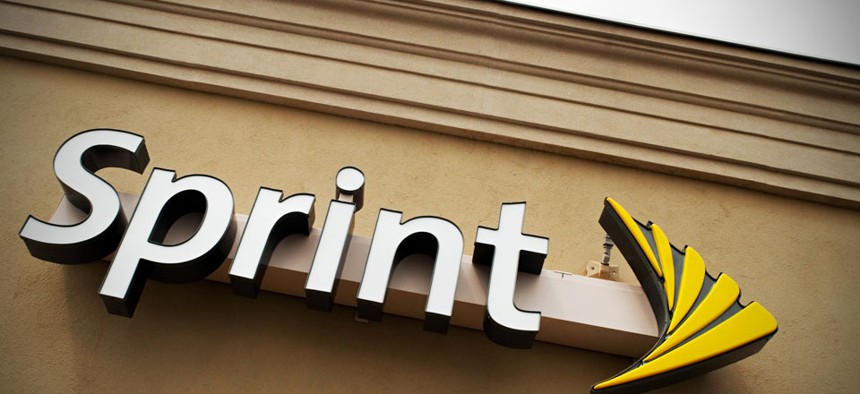Consumer Agency Goes After Phone Companies for Bogus Charges

Susan Law Cain/Shutterstock.com
The Consumer Financial Protection Bureau is demanding that Sprint refund consumers millions of dollars for unwanted charges.
The telecom industry has a new cop on its beat.
The Consumer Financial Protection Bureau sued Sprint on Wednesday for "cramming" consumers' phone bills with bogus third-party charges. The lawsuit demands that Sprint provide tens of millions of dollars in refunds to consumers.
It's the first time that CFPB, which is only about three years old, has gone after a phone company.
"Part of our mission here at the Consumer Bureau is to make sure that consumers are treated fairly in the financial marketplace," said Richard Cordray, the agency's director. "Sprint mistreated consumers egregiously by creating a billing system that invited illegal third-party charges and processed them in a highly irresponsible manner."
The Federal Communications Commission is also preparing to fine Sprint $105 million, according to agency officials, but hasn't taken formal action yet.
According to the CFPB lawsuit, Sprint placed unwanted charges on consumers' bills for about 10 years. Those charges, which were as much as $9.99 per month, were usually for "premium" services that delivered horoscopes, wallpapers, or ring tones, CFPB said. Consumers often signed up for the services accidentally by clicking on online ads and submitting their personal information.
Third-parties sent the spam, but Sprint took a 30 to 40 percent cut of the revenue, according to the lawsuit. Sprint ignored complaints about the charges and often didn't provide refunds, CFPB claims.
"We are disappointed that the CFPB has decided to target Sprint on this issue, and we strongly disagree with its characterization of our business practices," said Stephanie Vinge Walsh, a Sprint spokeswoman. "Sprint took considerable steps to protect wireless customers from unauthorized third-party billing and is an industry leader in proactively preventing unauthorized charges."
CFPB has traditionally gone after banks and other financial institutions. But the lawsuit claims that by placing charges for other companies on consumers' bills, Sprint was acting as a "payment processor." Under the Dodd-Frank Wall Street reform law, CFPB has the authority to take action against payment processors that engage in unfair or deceptive practices.
The financial regulator appears to be filling the role that the Federal Trade Commission played in similar cases against AT&T and T-Mobile to demand refunds for consumers.
(Image via Susan Law Cain/Shutterstock.com)
NEXT STORY: NIST can help you measure the cloud






